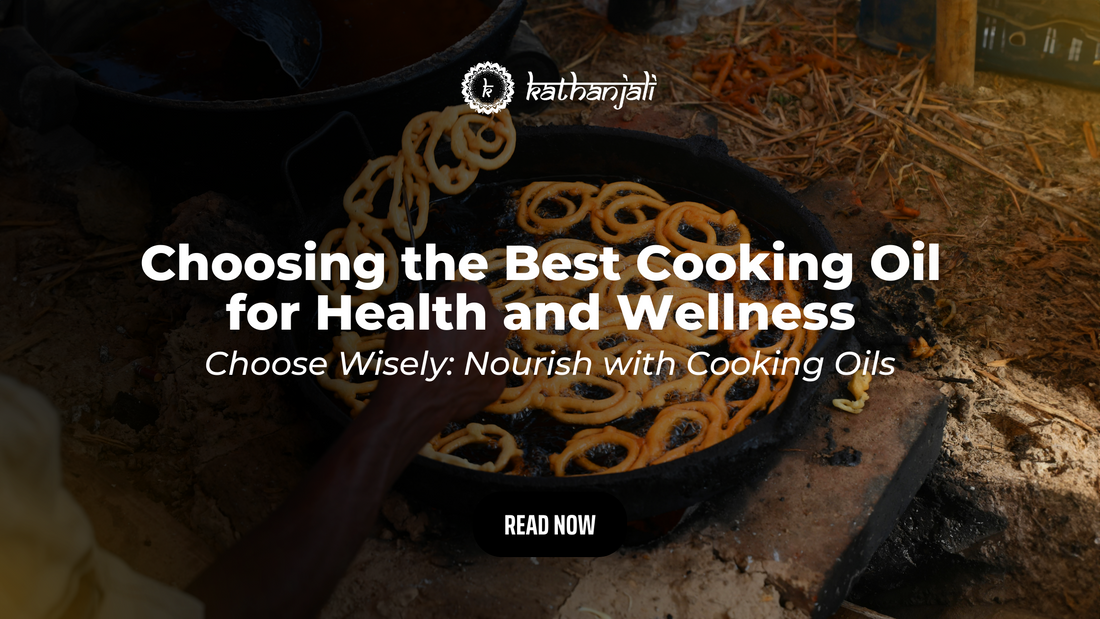The abundance of cooking oils available in the market can often be overwhelming, with each claiming to offer unique health benefits and culinary advantages. However, not all oils are created equal, and discerning the best among them requires careful consideration of factors such as nutritional composition, cooking properties, and safety standards. Allow me to guide you through this journey of exploration and discovery as we navigate the vast landscape of cooking oils to identify the best options for our kitchens.
Before delving into the specifics of cooking oils, it is essential to understand our nutritional needs and dietary preferences. Our bodies require a balanced intake of fats, including essential fatty acids such as omega-3 and omega-6, which play crucial roles in supporting cellular function, brain health, and hormone regulation. While fats are an integral part of a healthy diet, the type and quality of fats we consume can significantly impact our health outcomes.
In our quest for the best cooking oil, we encounter a diverse array of options, each with its unique set of characteristics and benefits. Traditional oils such as mustard oil, coconut oil, and sesame oil hold a special place in Indian cuisine, cherished for their distinct flavors and nutritional richness. Mustard oil, with its pungent aroma and high levels of monounsaturated fats, offers excellent heat stability and is well-suited for Indian cooking techniques such as frying and tempering.
Coconut oil, derived from the meat of coconuts, is prized for its medium-chain triglycerides (MCTs), which are easily digestible and quickly metabolized for energy. Its unique flavor profile adds depth to both sweet and savory dishes, making it a versatile choice for cooking and baking. Sesame oil, known for its nutty taste and rich aroma, contains antioxidants and anti-inflammatory compounds that contribute to heart health and overall well-being.
While traditional oils hold cultural significance and nutritional benefits, it is essential to consider health considerations when selecting cooking oils for our kitchens. Refined oils such as sunflower oil, safflower oil, and rice bran oil are popular choices due to their neutral flavor and high smoke points, making them suitable for a wide range of cooking applications. However, the refining process may strip these oils of certain nutrients and antioxidants. Additionally, it is crucial to be mindful of the presence of trans fats, hydrogenated oils, and other harmful additives in commercially processed oils, which can contribute to adverse health effects such as heart disease and inflammation.
Opting for wood pressed oil or cold pressed oils, which preserve the natural integrity of the oil and retain essential nutrients, is advisable for those seeking the highest quality and purity in their cooking oils. The oil's retention of antioxidants, vitamins, and other beneficial compounds that contribute to overall health and well-being. These nutrients play crucial roles in supporting immune function, reducing inflammation, and protecting against oxidative stress.
As women entrusted with the responsibility of nourishing our families, we possess the power to make informed choices that promote health, vitality, and well-being. By educating ourselves about the nutritional properties and culinary benefits of different cooking oils, we can create meals that not only tantalize the taste buds but also nourish the body and soul. Let us embrace our role as culinary custodians and champions of health, using our knowledge and discernment to elevate the art of cooking and nourish the ones we love.
In conclusion, by embracing traditional wisdom, scientific knowledge, and culinary creativity, we can unlock the secrets of wholesome and delicious cooking, transforming our kitchens into sanctuaries of health and happiness. As we embark on this journey together, let us celebrate the power of food to nourish, heal, and unite us in our shared pursuit of a healthier, more vibrant future.

